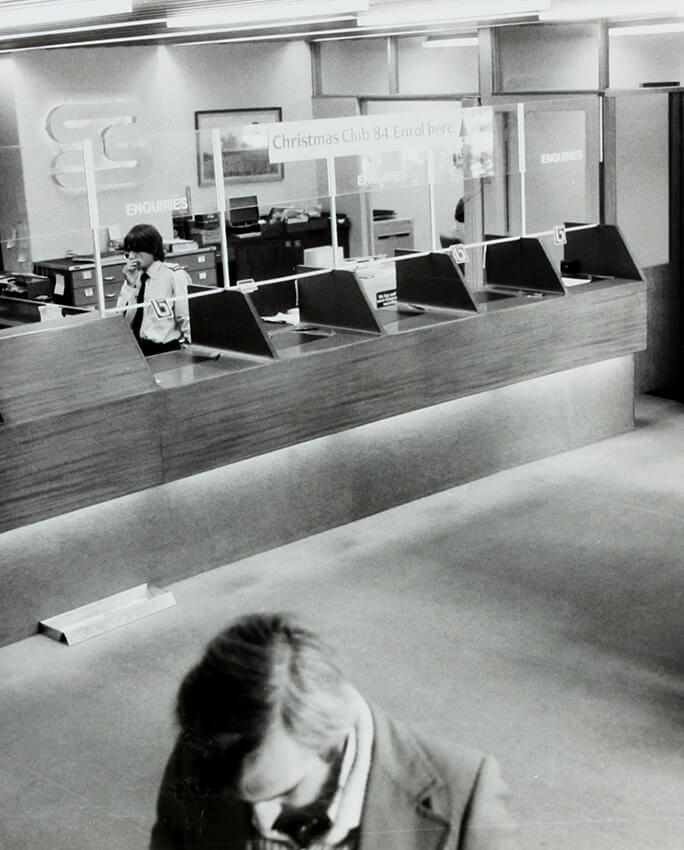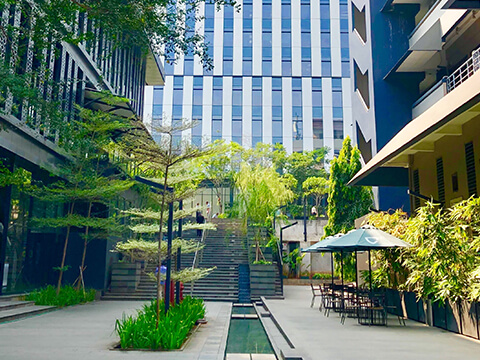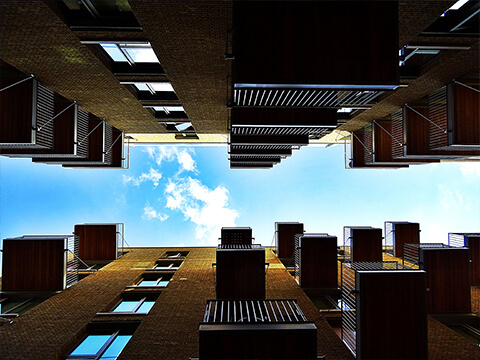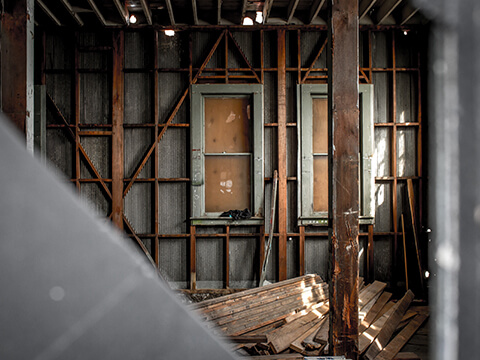 Commercial real estate loans are financing products designed with the specific purpose to help business owners to purchase or renovate commercial real estate, or to refinance the debt on the commercial real estate that the business owner has already owned. The commercial real estate here refers to any type of the property used for the business purpose, such as a shopping mall, a brick and mortar store, an office building or a manufacturing facility.
Commercial real estate loans are financing products designed with the specific purpose to help business owners to purchase or renovate commercial real estate, or to refinance the debt on the commercial real estate that the business owner has already owned. The commercial real estate here refers to any type of the property used for the business purpose, such as a shopping mall, a brick and mortar store, an office building or a manufacturing facility.
Loan-to-value Ratio
Loan-to-value ratio (LTV), as the name suggests, is achieved by dividing the amount of loan by the value of the property. For commercial real estate loans, the lenders use LTV to determine what loan amounts can be borrowed. By the report from NAR, National Association of Realtors, the commercial real estate loan lenders usually want the LTV to be about 75% to 80%.
Personal Guarantee vs. Non-recourse Loans
No matter it is traditional mortgage or commercial real estate loans, lenders use the property for collateral to the debt. However, for commercial real estate loans, based on the strength and financial records of the business, the lender may require a personal guarantee, in which, the business owner has to agree on the personal liability for the monthly payment; or the lender may just simply use the property for the means to recover money of the loan, which is called non-recourse loan.
Types of Commercial Real Estate Loans
- Permanent loans: They are like traditional mortgage loan, the first loan on the commercial property, but it is available to short-term financing, which typically requires an amortization schedule with repayment term of 5 or more years.
- SBA loans: The United States SBA (Small Business Administration) provides the guarantees to some of the commercial real estate loans, which are called SBA loans, including SBA 7a and SBA 504 Loans.
- Bridge loans: They are short-term loans with the repayment terms from 6 months up to 3 years, which are usually used by the small business owners waiting to apply for the long-term financing or refinancing loans.
- Hard money loans: They are provided by the private companies and individuals rather than the banks, which have the terms from 3 to 36 months.
- Owner financing: It allows the buyer to purchase the property by directly paying the seller rather than getting a mortgage loan.
Refer to our resource here to understand the types of commercial real estate loans better.
Down Payment
As a rule of thumb, it is expected for a down payment to be at least 20 percent for the most commercial real estate loans, except for SBA loans. There are certainly variances from this industry norm, but it is highly dependent upon the type of property and loan structure.
Repayment Terms
For commercial real estate loans, the repayment terms are usually from 5 to 20 years, but for some short-term loans, the payments are due in a year. Moreover, for the commercial real estate loans, it is less common for the amortized schedule to be matched up with repayment term. However, there are some fees or penalties if you pay off the commercial real estate loan early, such as:
- Prepayment penalty
- Interest guarantee
- Lockout
- Defeasance
Interest Rates and Fees
For the commercial real estate loans, interest rates are usually higher than the mortgage loans, and the average rate is 5 to 7%, by the NAR. Also, there are some closing costs, such as appraisal fees, origination fees, application fees and more, which amount to 1 to 2% of the amount of the loan.






